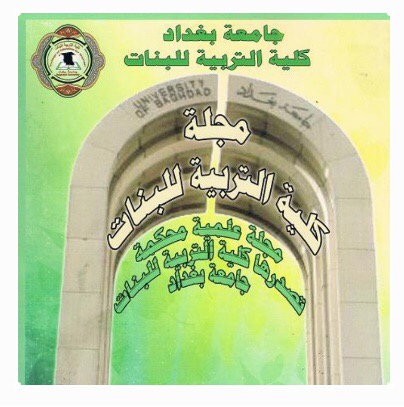ﺗﺒﺎدل اﻷدوار اﻟﻜﻼﻣﯿﺔ ﻓﻲ اﻟﻤﻨﺎظﺮات اﻟﺮﺋﺎﺳﯿﺔ اﻷﻣﺮﯾﻜﯿﺔ
الملخص
The organization and coordination of any communication is based on the system of turn-taking which refers to the process by which a participant in a conversation takes the role of speaker. The progression of any conversation is achieved by the change of roles between speaker and hearer which, in its turn, represents the heart of the turn-taking system. The turn-taking system is not a random process but it is a highly organized process governed by a set of rules. Thus, this system has certain features and rules which exist in any English communicative process. These rules, if applied by speakers, help to achieve successful exchange of turns in any conversation. This paper attempts to present full exposition of the concepts of conversation, conversation analysis and institutional talk. This is the subject-matter of section one. In the second section, a comprehensive theoretical background of turn-taking system has been presented. The paper mainly aims at making detailed analysis of the Turn-taking system in the American Presidential Debates. The analysis is done in the third section by investigating and examining the corpus which consists of three American Presidential Debates chosen randomly. These debates are: 1. Republican presidential candidate debate in Simi Valley, California January 30, 2008. 2. Republican presidential candidate debate in Washington, DC November 22, 2011. 3. Republican presidential candidate debate in Des Moines December 10, 2011. The three debates have been downloaded from the internet from the website http://www.presidency.ucsb.edu/debates.php. In each debate, there are a number of presidential candidates who have different political orientations. The analysis is presented through certain points supported by statistics and examples which are in the form of quoted extracts chosen from the three debates analyzed. Section four is devoted for presenting the conclusions arrived at throughout conducting the analysis of the three debates.













